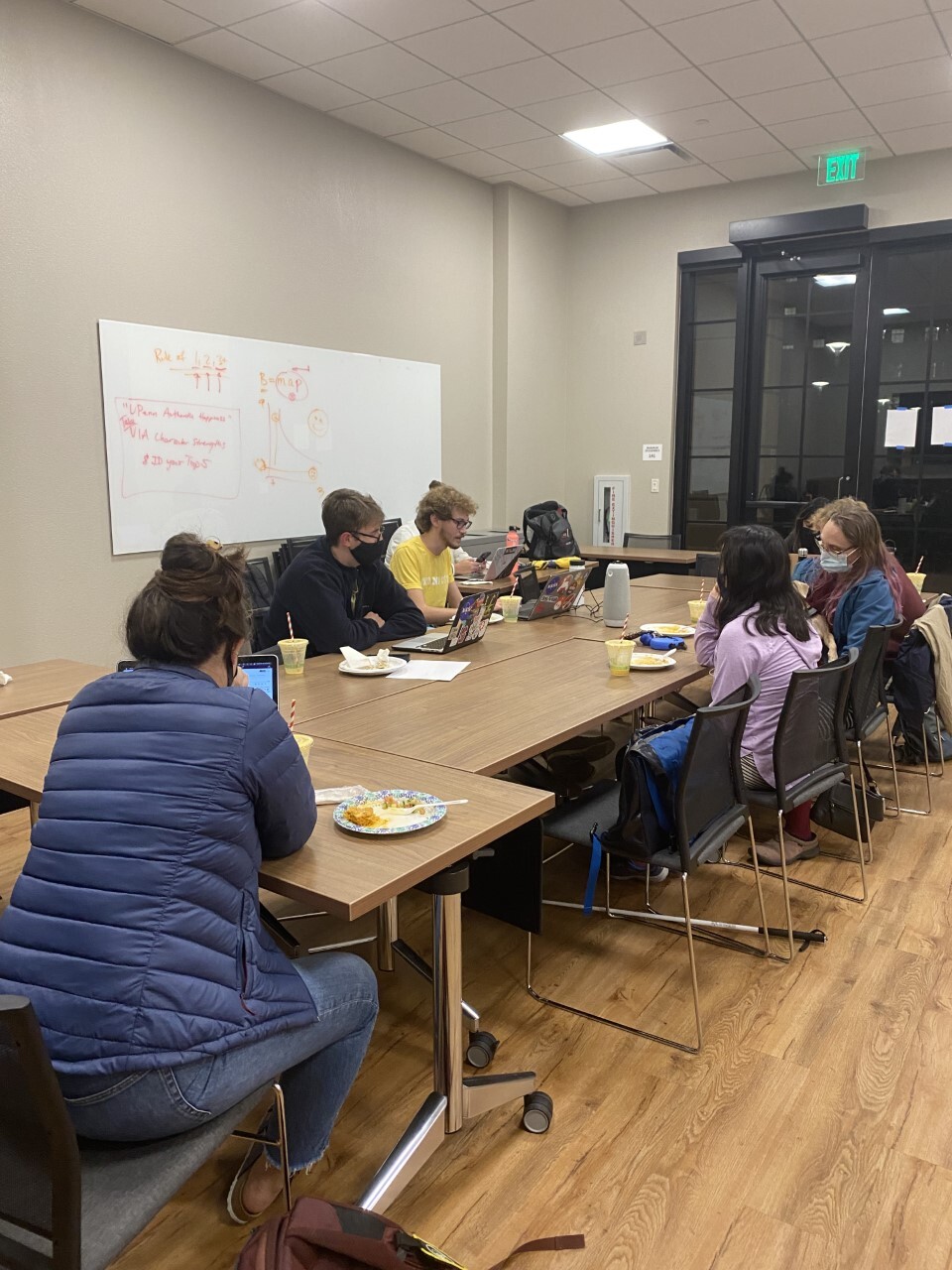Councilors got word that the annual graduate student Halloween Party at Rains Apartments had been canceled during Wednesday’s Graduate Student Council (GSC) meeting. The decision, made by graduate student organizers following the recent alcohol safety policy and new restrictions imposed by the Graduate Life Office (GLO), was met with sighs of disappointment from the students in attendance.
The cancellation represents another social life sacrifice that graduate students have had to make as a result of new policies that councilors called “asymmetrical,” “infantilizing” and “harmful to student mental health.”
As Stanford has gradually eased COVID-19 restrictions on student gatherings across the University since the return to campus in September, social life has surged back — and increased safety concerns have come along with it. In early October, the University sent a message to undergraduate students about the high volume of alcohol abuse and transports on campus. But for the graduate student community, which consists almost entirely of students over 21, councilors said that University policies have felt stifling, patronizing and irresponsibly directed.
As students and employees, many graduate students who work for the University are bound by both Stanford’s new student alcohol and drug policy and employee policies. Though the alcohol and drug policy bars the consumption of hard alcohol only for undergraduates, graduate student councilors said that Community Associates (CA) have been warned that the University could impose similar rules on graduate students.
According to graduate student councilors, the University is now, for the first time, enforcing a 2003 Santa Clara County ordinance that bars amplified noise after 10 p.m. In connection with the proposed Halloween Party, GLO is also requiring one CA to serve as a sober monitor for every 25 people in attendance — a ratio that would be impossible to sustain for a grad-wide event, according to councilors.
“As somebody who has been here during the entirety of the pandemic and has very carefully done what the University has required when it comes to health and safety for so long, it is very very infuriating seeing how incredibly hard it is for graduate students to try and socialize,” said GSC councilor and fourth-year cancer biology Ph.D. student Brooks Benard.
A University spokesperson did not immediately respond to a request for comment on the alcohol policy and its impact on graduate students.
According to the councilors, the heightened level of enforcement represents a stark contrast to how graduate students were treated in the past.
“Graduate students range from 20 to 30, sometimes all the way to 50 years old and just because we are categorized as students, I feel like administration thinks we can’t act like adults, can’t be responsible, and it’s just ridiculous,” Benard said.
The cap that graduate students feel Stanford has placed on social life is a unique pain point for graduate students, who often have to balance studying, staffing and research throughout the week.
“Mental health is such a huge concern for graduate students, and that’s partly because grad school is such an isolating experience,” said GSC co-chair and fifth-year Ph.D. student in communication Sanna Ali. “So providing social support in the form of events is really key to helping graduate students feel a sense of community and that they’re not alone.”
The councilors also pressed representatives from Residential and Dining Enterprises (R&DE) on increasing graduate students’ access to common spaces within the Escondido Village Graduate Residences. Though access to the first floor and external rooms is technically guaranteed for all students, those who do not live in Stanford housing are unable to use their student IDs to enter.
The R&DE representatives said that they have struggled to obtain a list of the entire graduate student population, which they cited as responsible for the fact that only Stanford housing residents can enter.
This article has been updated to reflect that the University is requiring one sober monitor for every 25 students. The Daily regrets this error.
